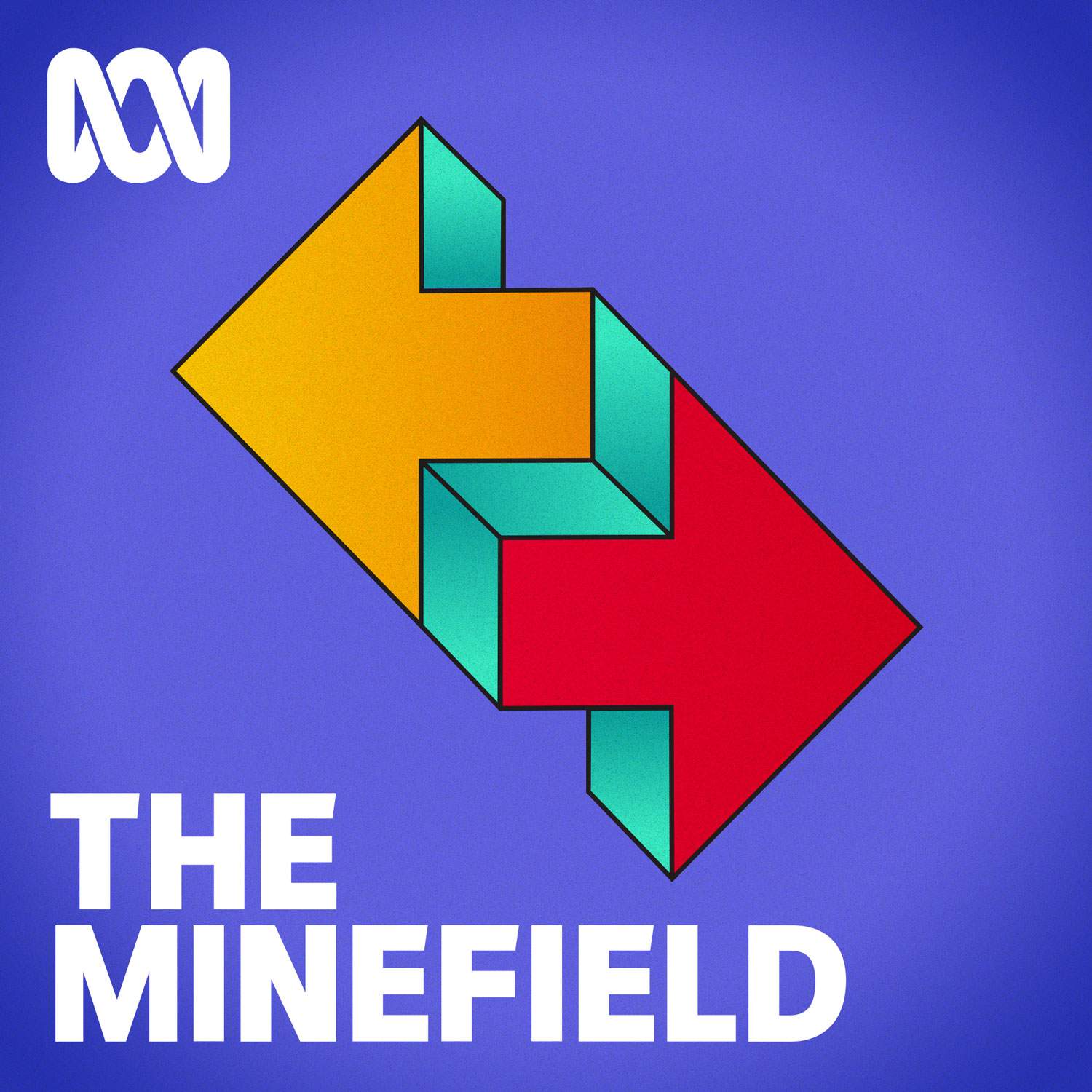Listen "Is the experience of beauty slipping away in an age of frictionlessness, speed and AI slop?"
Episode Synopsis
The availability of increasingly powerful generative AI tools has radically altered the creative process. Anything that we can imagine can be turned into an image, a video, a text, a song — the process is frictionless, effortless, fast and has led to a torrent of digital effluent (what is often called “AI slop”) being pumped into our online habitus. And while the content may range from the banal to the surreal, from the nonsensical to the utterly indecent, it is at least instantly consumable.The time and sheer human labour that it takes to create, as well as the effort that is involved in contemplating, tarrying with, learning to enjoy or even love a work of “art” are both lost in vortex of instantaneous production and effortless consumption.But can friction really be separated from the creative process? Immanuel Kant made the productive aesthetic distinction between “the taste of sense” (that which I might find immediately, effortlessly pleasant) and “the taste of reflection” (that which may not be immediately enjoyable, and which may require effort or patience or instruction before yielding its treasures). According to Kant, what is truly “beautiful” is only available to the taste of reflection.And yet beauty does not necessarily offer itself to us as the result of effort. Throughout the history of philosophy and in various religious traditions, there are all manner of paradoxes that attend to “the beautiful”. Beauty may be transcendental, but it is also experientially ephemeral, even delicate; it attracts us, but it is lost when we try to capture or consume it; it draws us to it, but often points beyond itself or even forbids us; the human longing for beauty may be inherent, but we frequently need the assistance of others to recognise it; beauty may be an end-in-itself, but it often emerges serendipitously — and its lasting effect may be the way it brings us closer to others.So what is it that we stand to lose if we lose the capacity for the experience of beauty — whether through neglect, or disinterest, or haste, or due to our immersion in a digital milieu of AI slop and sensory overload?
More episodes of the podcast The Minefield
The ‘fascism’ paradox — with Jason Stanley
02/10/2025
Mailbag — we answer your questions
25/09/2025
Bonus episode: Jane Austen’s enduring charm
16/09/2025
 ZARZA We are Zarza, the prestigious firm behind major projects in information technology.
ZARZA We are Zarza, the prestigious firm behind major projects in information technology.
